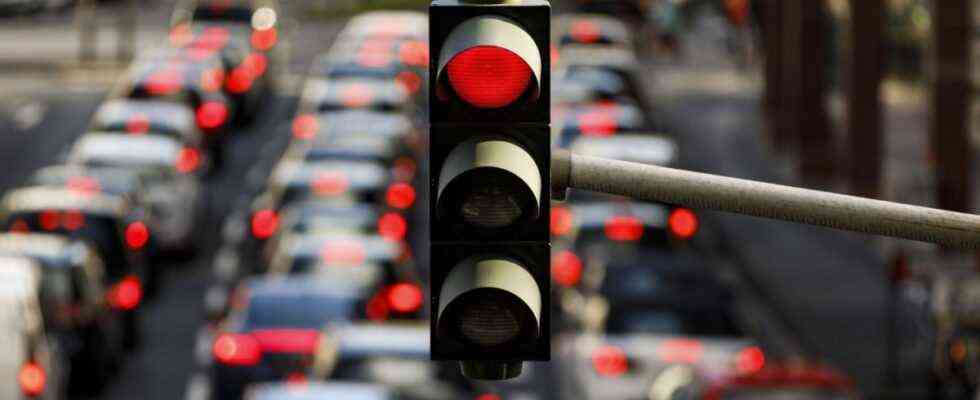You rub your eyes and wonder. Didn’t we just witness an election campaign in which the need for climate change was emphasized across parties? Now a so-called “climate coalition” made up of the SPD, the Greens and the FDP is being forged, with the majority of the population approving. Up and down the country it is recognized that this decade is the last chance not to lose sight of the climate goals advocated by science. In industry, too, the realization has long since arrived that business in the future will no longer have to go against nature, but with it. And even the auto industry has largely recognized that the CO₂ spinners have to be off the road. And then, as soon as the gasoline price climbs, reflexively and, as so often, the call for help for the drivers of these cars swells. How does that fit together?
The prices are climbing at the petrol stations, the liter of diesel averages 1.55 euros, the highest level in 30 years. And already Lower Saxony’s Transport Minister Bernd Althusmann (CDU) can no longer contain himself and is calling for relief for commuters, and of course the hopefully never-again Federal Transport Minister Andreas Scheuer (CSU) has already got involved. Climate protection must also remain affordable for people with lower incomes, it is said then, mobility must not become a luxury, especially in the country there are hardly any alternatives to cars with internal combustion engines.
But wait: isn’t it about these alternatives? And shouldn’t the combustion engine be made financially unattractive for this very reason? If the state is supposed to compensate for this as soon as it hurts, the incentive to switch to other engines is gone.
It is true that higher energy prices place an additional burden on citizens and companies: when driving, traveling, heating – but that’s how it has to be if we want to switch to climate-neutral. This is the predetermined breaking point of the new climate unity: if the eco-transition becomes expensive, if it becomes painful, if it has to be that way for it to work – then this goal comes into conflict with the social goal, then society breaks even more apart Parts: those who can afford the energy transition and those who cannot afford it.
The exploratory paper of the future coalition has so far decided this conflict of objectives to the detriment of the socially disadvantaged, because apart from the number one election promise of the future SPD Chancellor – the increase in the minimum wage to twelve euros – it hardly defines any social measures. It is clearly borne by the interests of the better-earning middle class, and it is no coincidence that the Greens have many of their voters here, and especially the FDP.
It is obvious that those with higher incomes can more easily compensate for higher living costs than those who have to turn over every euro – which can be illustrated very well by the example of the price of gasoline. But because it’s not just about the car, but also about traveling or heating, for example, the new coalition needs a compensation mechanism. However, this must not jeopardize the climate or growth targets. That is why the “energy money” demanded by the Greens has charm, ie a per capita reimbursement from the state to the citizens to compensate for the costs of the climate change.
But that too has to be paid for in the end, and because the new coalition, under pressure from the FDP, wants to forego tax increases with good reason, namely in order not to endanger the economic performance of the country, the only way to get this way is temporarily by continuing to borrow generously.
Again: For the good cause of the energy transition, Germany is allowed to incur further debts at the moment and against the background of the ongoing low interest rate phase, until the eco-transition takes effect and new forms of transport and behavior have become established. But then at the latest, the debts have to go down again. But then that’s another story.

